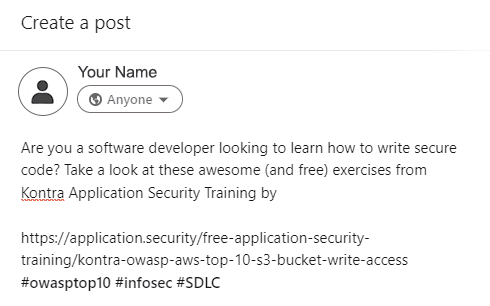Many elements of good educational practice cross over to other fields. Management is no exception. Learning more about education will improve your skill in management, and vice versa. There are major parallels in the ways teachers and managers build a strong and safe working environment, generate meaningful and impactful outcomes, and create opportunities for transformative learning.
One of these crossovers is the importance of building a psychologically safe environment — for your students or your employees. Psychological safety means a feeling of security and lack of fear of negative consequences. A psychologically safe environment embraces and learns from mistakes. Research shows that, in environments with lower psychological safety, more errors occur and fewer errors are reported. A learning environment like classroom or business will benefit from investing time and energy in creating a psychologically safe environment.
Building focus is another key crossover. A key theory in modern education is called “Cognitive Overload Theory.” It tells us that, because of the limited working memory capacity of the brain, novices can’t process the same volume of information that an expert can. Therefore, teaching novices requires far more scaffolding of learning than teaching experts. That feeling of overload you’ve had at work, when too much work piles up and you don’t even know where to start, is a kind of cognitive overload. So is the feeling of spinning when you’ve taken on a project that’s too complex for your current level of skill. The lesson here, for teachers and managers, is to manage the learning or workload so that people are able to process it effectively.
Motivation is another of these crossovers. People find motivation in external (extrinsic) factors like money, or in internal (intrinsic) factors like belief in the value of their work. Research has shown that the most effective work, in school or the workplace, comes from intrinsic motivation. ThriveDX employees get paid for their work, but we work hard because we believe in what we do and not because of the pay. That’s intrinsic motivation, and it creates great work just as effectively as it creates great learning.
Our latest episode of The Future of Professional Education podcast goes into a lot more detail about these and other crossovers between education and management. It will enhance your ability to manage and work with people, to create safe spaces for learning and performance, get the best possible outcomes from the people you manage, and move you toward every manager’s goal… which is, of course, to manage like a teacher!
References
- Edmondson, A. “Learning from Failure in Health Care: Frequent Opportunities, Pervasive Barriers.” Quality & Safety in Health Care, vol. 13, no. Suppl 2, Dec. 2004, pp. ii3–9. PubMed Central, doi:10.1136/qshc.2003.009597.
- Edmondson, Amy. “Psychological Safety and Learning Behavior in Work Teams.” Administrative Science Quarterly, vol. 44, no. 2, June 1999, p. 350. DOI.org (Crossref), doi:10.2307/2666999.
- Kohn, Alfie. Punished by Rewards: The Trouble with Gold Stars, Incentive Plans, A’s, Praise, and Other Bribes. 2nd edition, Mariner Books, 1999.
- Sweller, John, et al. Cognitive Load Theory. Springer New York, 2011. DOI.org (Crossref), doi:10.1007/978–1–4419–8126–4.


